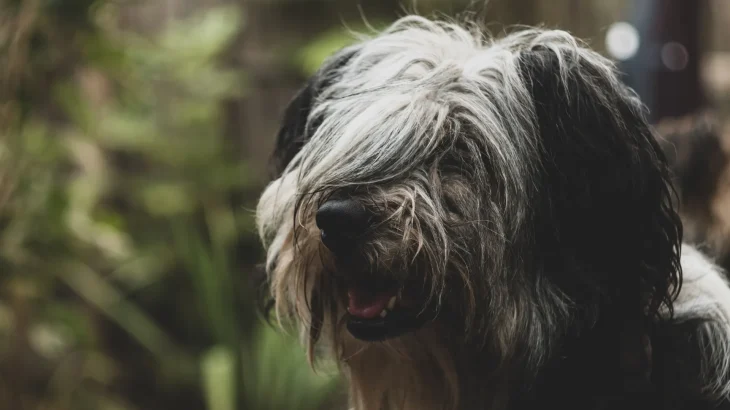Deciding whether to adopt or purchase a Portuguese Sheepdog puppy involves weighing factors such as availability, cost, and the assurance of health and lineage. Purchasing from a breeder often guarantees pedigree and health history, whereas adopting can offer a loving home to a dog in need, even if certain breed specifics might be less predictable. Your choice depends on prioritizing either certainty or giving a dog a second chance.
Adoption vs. Breeder: Pros & Cons
| Criteria | Buying from Breeder | Adopting from Shelter/Rescue |
|---|---|---|
| Cost | Higher cost, often upwards of £500 for a well-bred puppy. | Lower fees, usually covering basic vaccinations and care. |
| Health History | Detailed health screenings and genetic history provided. | May be limited or unknown; basic health checks usually performed. |
| Age Availability | Primarily puppies, allowing training from an early age. | Various ages available including adults and seniors. |
| Temperament Insight | Breeders can offer knowledge of lineage temperament traits. | Temperament observed but full history might be uncertain. |
| Supporting Practices | Supports controlled breeding programs; important to choose ethical breeders. | Supports animal welfare by providing homes to dogs in need. |
| Risk of Genetic Disorders | Lower risk due to responsible breeding and health checks. | Potentially higher risk due to unknown background. |




















































